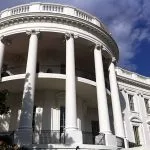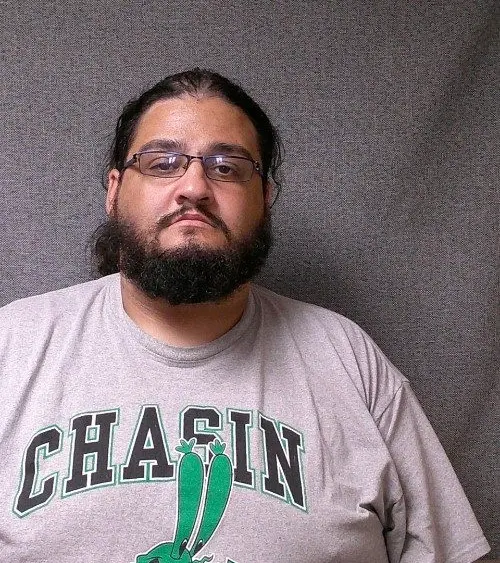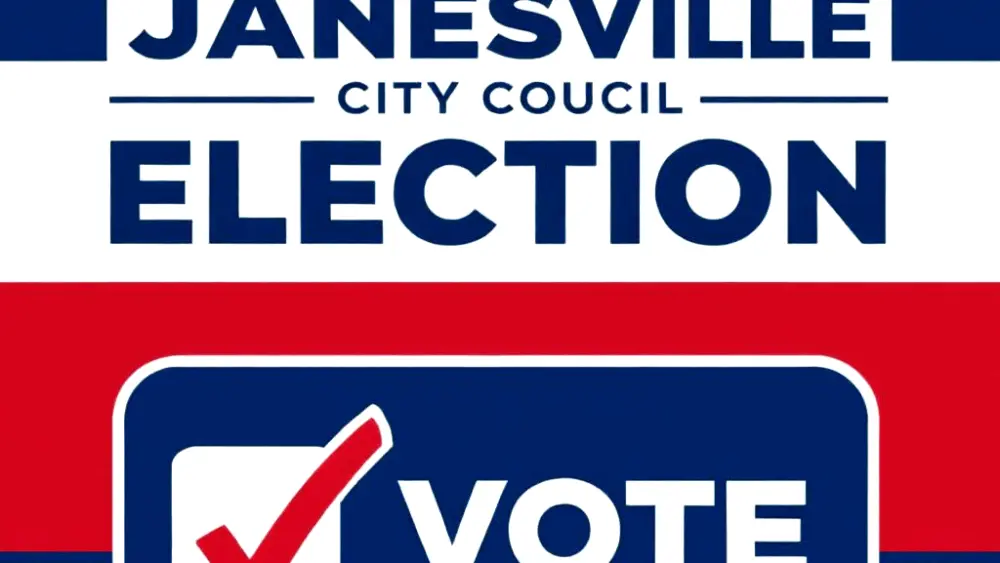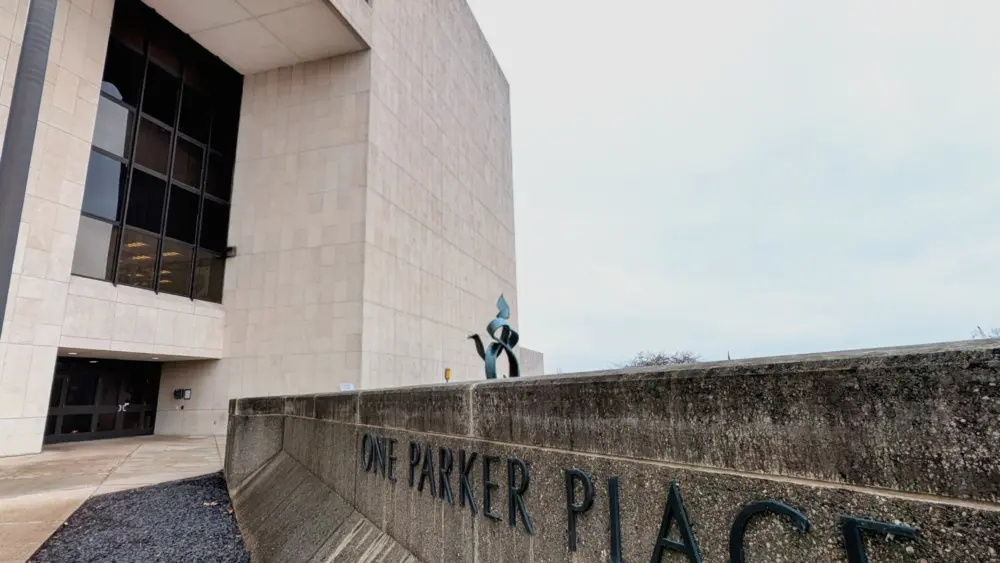| By Tim Seeman, Big Radio News Staff | A UW-Madison expert lends her perspective on President Donald Trump’s proposed freeze of federal grant dollars. Mary Beth Collins, the executive director of UW’s Center for Community and


| By Tim Seeman, Big Radio News Staff | A UW-Madison expert lends her perspective on President Donald Trump’s proposed freeze of federal grant dollars. Mary Beth Collins, the executive director of UW’s Center for Community and




